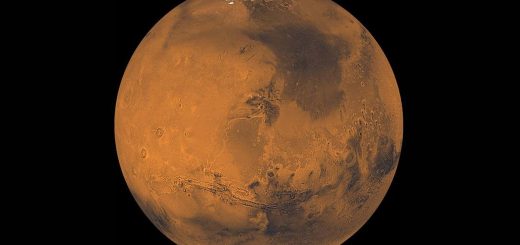What did the UK’s AI Safety Summit actually achieve?
UK prime minister Rishi Sunak’s much-publicised AI summit at Bletchley Park has come to an end, and the result seems to be a promise to hold more summits. At this rate, legislation will struggle to keep pace with the development of AI
By Matthew Sparkes
2 November 2023
US vice president Kamala Harris and UK prime minister Rishi Sunak at the AI Safety Summit at Bletchley Park on 2 November
Associated Press/Alamy
In the weeks leading up to the UK’s AI Safety Summit, held on 1 and 2 November, prime minister Rishi Sunak repeatedly stressed the potential risks that artificial intelligence could pose to society. Then, on the second morning of the event, he told reporters that people must avoid “alarmist” claims – just before warning that AI could be as dangerous as nuclear war. It is safe to say there were mixed messages.
But the summit at Bletchley Park was, of course, intended to disperse this fog of confusion: to examine the risks of AI, provide space for representatives of nations around the world to talk with business leaders and technology experts, and ultimately plan for a future that avoids disastrous pitfalls. Was that achieved?
The main takeaway was the new Bletchley Declaration, signed by 28 nations, including China and the US, and the European Union. Getting any sort of international consensus in these tense political times is a success, but the document does little more than acknowledge that there are risks and pledge to explore them. The only concrete action promised in the wording is to hold more summits in the future. Perhaps this meeting could have been a ChatGPT-generated email, and saved the carbon expenditure of jetting everyone in.
Advertisement
Read more
UK AI summit is a 'photo opportunity' not an open debate, critics say
Carissa Véliz at the University of Oxford, a leading AI ethicist who wasn’t invited to the meeting, is unimpressed by a summit that promises more summits. “We’ve already been slow to regulate AI and reach international agreements on it. Having another meeting in future doesn’t seem ambitious enough, given the high stakes and the rapid development and implementation of AI,” she told New Scientist.
It is worth remembering that it is only a year since OpenAI launched ChatGPT and just eight months since it saw an upgrade to the more powerful GPT-4 model. Who knows what version number we will be on by the time leaders meet again?


